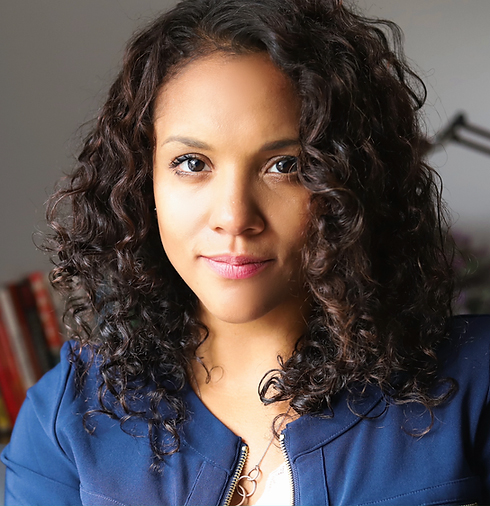
Fighting Media Bias: A Conversation with U of M Professor Danielle K. Brown

U of M Journalism Professor Danielle Brown is working to change the ways media perpetuates societal injustice.
Danielle K. Brown is an award-winning researcher investigating how the news media’s
coverage of race and racism, protest and social movements, as well as health
inequalities perpetuates societal injustice, particularly against Black communities.
Currently the John and Elizabeth Bates Cowles Professor of Journalism, Diversity and
Equality in the Hubbard School of Journalism and Mass Communication at the
University of Minnesota, she is involved in many ongoing research projects, including
one with UROC called Leaders Invested in Fostering Trust (LIFT).
With LIFT, Brown aims to fight media misinformation about Black communities, which
she experienced firsthand while working as a journalist and after earning her doctorate
in journalism from the University of Texas at Austin.
Brown’s former career as a young Black woman working in newsrooms helped inspire
her path back to the University, and the work she’s done has confirmed many of her
experiences. On the job, she engaged in workshops and trainings, talked to higherups,
and tried to effect change from within. Nothing seemed to fully correct the problem, so
she decided to tackle it in a different way.
Today, her research highlights the ways reporters routinely write stories that cast people
of color, protestors, and others that don’t fit the mainstream narrative in a negative light.
“When I look at coverage of police violence and protests, journalists delegitimize people
who are not in power, as if they are not full citizens with rights,” Brown explains. “People
harmed by police are not spoken of as victims and protestors are not treated as
legitimately engaging in political expression. I have been researching, publishing
papers, and engaging with newsrooms on this for a decade and I’ve seen very little
change in that time.”
Even the increased public awareness of racial disparities that followed the 2020 murder
of George Floyd by Minneapolis police office Derek Chauvin has not changed coverage
in meaningful ways. But it has made journalists more willing to listen. “Before George
Floyd was murdered, people just shut me down on these topics,” she says. “Now they’re
less likely to just be silent, and many are thinking about disparities in coverage and
having conversations about systemic racism and racism in policing.”
But listening and thinking aren’t enough. Rather than trying to reinvent the system,
Brown is looking to circumvent it and she sees the LIFT project as an opportunity to
create change, starting with communities in Minneapolis/St. Paul.
The idea is to build a network of trusted messengers in the Black community from faith
leaders and activists to celebrities and businesspeople. Brown and her research team
are currently conducting surveys with Black residents to identify these messengers, who
would be connected with local journalists as official sources.
Brown is also working with UROC on a survey of Minneapolis/St. Paul residents that
analyzes local media, as well as doing interviews with Black journalists that the
community trusts. “It’s clear that the narrative coming out of newsrooms isn’t going to
change until we change the messengers and I’m excited to see what we can
accomplish.”